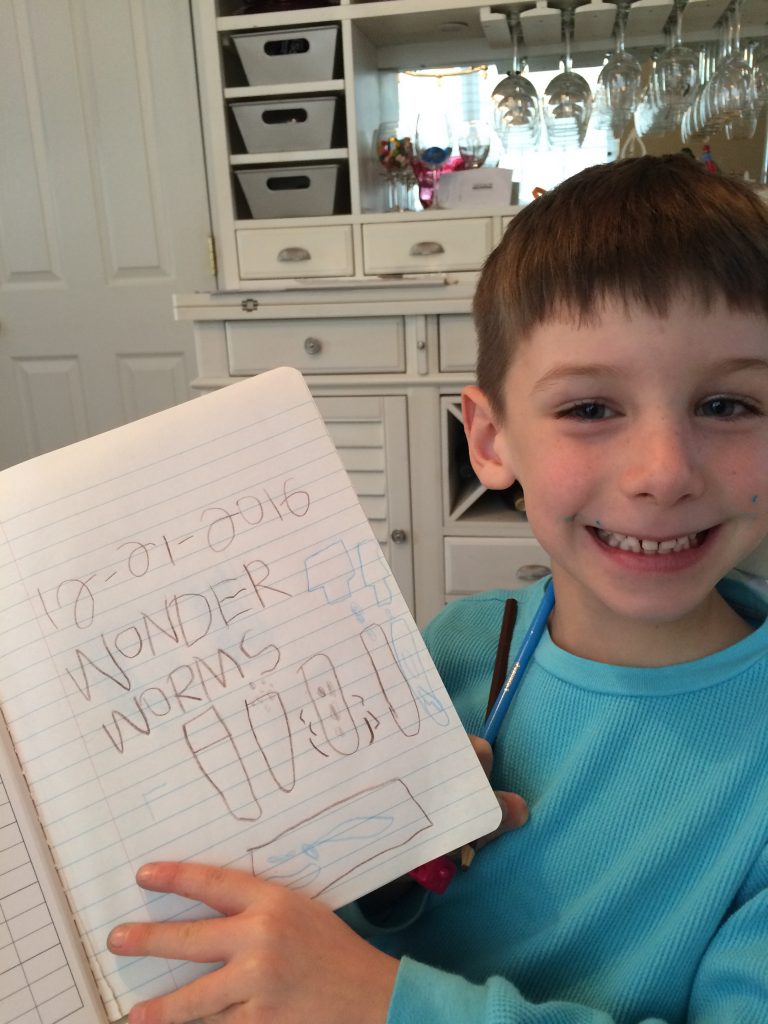Journaling is a good way to keep a student learning through the summer months. It benefits a student’s academics as well as improving memory and critical thinking skills. Keeping a journal decreases stress. Using a pen and paper relaxes a person and helps them cope with depression. Putting thoughts on paper helps students understand conflict, fears, and concerns. Thus, it starts a path to finding solutions to problems.
Journaling Benefits
Writing about funny happenings also relieves stress and anxiety. Recording amusing conversations helps students understand other people. Journaling keeps thoughts positive and organized and builds confidence.
The summer is a special time when students experience new activities and situations. The brain automatically responds to novelty. When the brain encounters new stimuli, a rush of adrenaline closes all unnecessary activity and focuses on the new experience. Keeping a journal is a great way to record and remember new times and new friends. It helps with self-care through reflection.
Journaling helps students become better writers and readers. It is the best way to write because the student makes the rules. The structure is their own creation. Writing helps communication in that the more they write, the better students can express their thoughts.
Photo Journaling
Many students do not want to sit and write during the summer months. A photo is an easy way for students to write a thought on the back of the photo. Students can take pictures of a casual walk or an object that interests them. A scrapbook of photos with written explanations has more benefits than a mere writing journal. Writing with images and words combines creativity and thoughts.
A study from Lancaster University shows that daily photography improves well-being. Also, a study from Yale University shows people enjoy their photo experiences more when they are engaged in the activity.
Kids Who Hate Journaling
There are a variety of ideas for students that hate writing. They could write a short poem or a sentence about a dream. Students can write about their mood. Instead of writing words, students can draw a picture that reflects something they saw or remember. The form doesn’t matter. The creativity of putting down something on paper, a recorded message, or a photo keeps the imagination working.
When students retrieve information from an experience, the brain may not locate it. Lapse time may have caused the information to be discarded. Plus, memories fade or become distorted after some time. That is why journaling experiences help keep the mind sharp.



